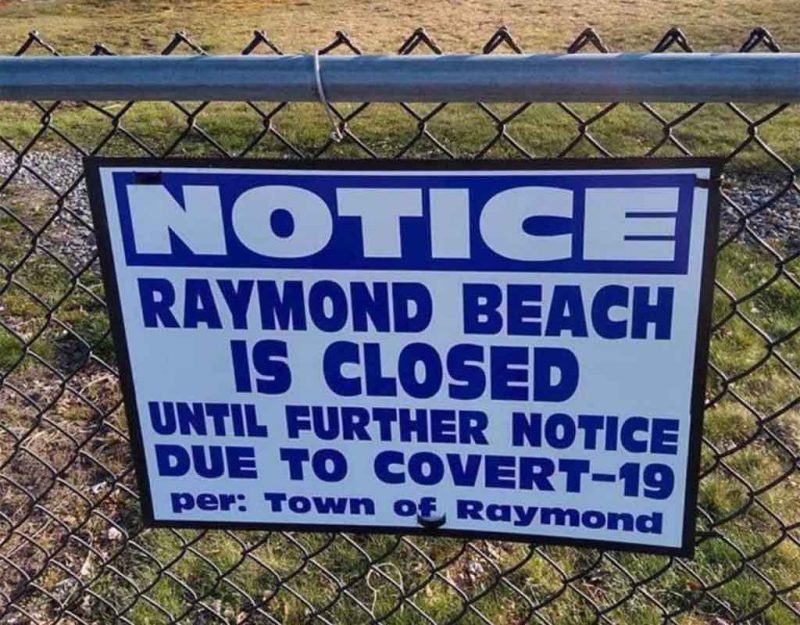Netflix And Democracy
During the quarantine, it falls on one member of the family to clear the queue on a Netflix-like streaming service. Somehow, a large backlog of movies and television shows builds up, and yet these never get watched. This presents a paradox.
Obviously, someone — unless we believe in gremlins, ACAB, or other supernatural conspiracies — once upon a time read the synopsis of a show, thought it sounded like something they wanted to watch, and added it to the queue. Some time later, seemingly no one wants to press “play” on that show.
This was clearly a mystery of the highest order. It made no sense that people would change what they liked that quickly, or that they misread the original synopsis. Yet none of us want to watch this stuff, and it takes up most of the queue.
Insight into the mystery came from looking at the list of movies. Each one has a cover photo, some information on the actors and director, and a synopsis, usually of the form:
Single mother Becca wants to restart her life on her family ranch in a small town, but she finds that old friendships are not what they seem as she finds herself fighting for survival.
When you present it that way, in the context of a list of movies and no obligation to watch any at that moment, it sounds good; this in fact sounds more interesting than the parade of moronic superhero movies, brain-dead action flicks, and quasi-pornographic rom-coms scrolling across the screen.
In fact, what makes the movie sound appealing is not a lack of context, but the framing in which it is found. Compared to the precedent of what has gone before, it seems plausible; compared to the other options, it seems more intelligent and potentially interesting.
However, this also shows us the context of no context, namely that in a list of movies, we are only comparing any option to other movies, not to the question of our time and enjoyment. This film is probably better than the ones surrounding it, but it still might not be a good movie!
The same applies to democracy. We vote based on precedent, meaning that we assume we must carry forth existing institutions in roughly their extant form, and we compare our options to others in the context of relativity, or one thing being better than everything else on offer.
We do not however compare these to the context of survival, in which the question before us is what will make a society live past a thousand years and be healthier, saner, wiser, and more moral than the human average or its likely competition. Instead, we settle for whatever is better than the current norm.
In this way, we get fooled by democracy into always advancing inertia. That is, whatever is already happening we accept, and we choose the best option — like products on a shelf! — from among what is on offer, effectively deferring choice to the system.
A saner view might consider not just the items on the ballot or the movies on offer, but the context of survival and even more, thriving, which requires a qualitative assessment relative to ourselves. Namely, does this movie seem like something I want to actually watch, or will this item on the ballot make a golden age of civilization?
When viewed from the cold cynical morning of a bored person prowling the movie queue with death in his heart, since he desires to kill off the hundred items that no one watches, greater clarity emerges. Many movies that are better than others are still not good; much of our current system is also not good.
We struggle constantly with the context shift between what we see in the moment and what we must do for the entirely of time, the whole of reality, and the qualitative dimensions of human existence. I nuked most of the queue, and would really like to do the same to the past 200 years of legislation.
Tags: democracy, first mover, netflix










